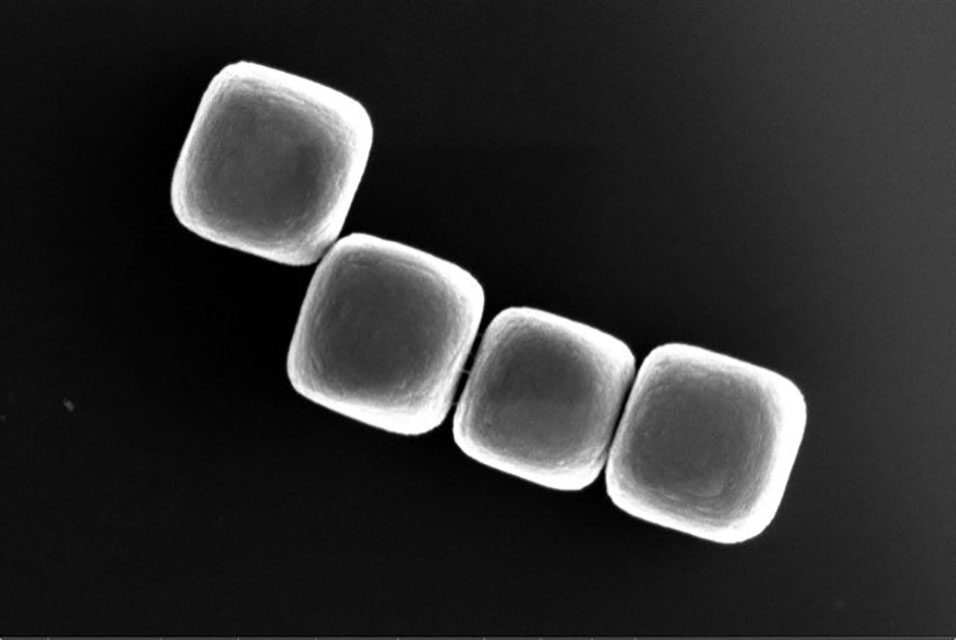EXETER.- An iconic coral species found in UK waters could expand its range due to climate change, new research shows.
The pink sea fan is a soft coral that lives in shallow waters from the western Mediterranean (southern range) to north-west Ireland and the south-west of England and Wales (northern range).
The species is classified as "vulnerable" worldwide and it is listed as a species of principal importance in England and Wales under the NERC Act 2006.
The new study, by the
University of Exeter, found that the species is likely to spread northwards—including around the British coast—as global temperatures rise.
The results could be used to identify priority areas to protect pink sea fan populations.
"We built models to predict the current and future (2081-2100) habitat of pink sea fans across an area covering the Bay of Biscay, the British Isles and southern Norway," said Dr. Tom Jenkins, from the University of Exeter.
"The model predictions revealed current areas of suitable habitat beyond the current northern range limits of the pink sea fan, in areas where colonies have not yet been observed.
"It's not clear why pink sea fans have not yet colonized these areas. Possible barriers include insufficient dispersal of their larvae and high competition between species for space and resources.
"Our future predictions, using a high-emissions global warming scenario called RCP 8.5, revealed an increase in suitable habitat for pink sea fans to the north of its current range—so the species could spread northwards by 2100.
"We also found that existing habitat across south-west Britain, the Channel Islands and north-west France is predicted to remain suitable for this species over the next 60-80 years."
The study examined another soft coral species called dead man's fingers.
For this species, future predictions revealed an overall decrease in suitable habitat in the southern portion of the study area and an accompanying increase in the northern portion of the species' range.
Pink sea fans, like many octocoral species, are ecologically important because they add complexity to reef systems and support marine biodiversity, especially when they form dense 'forests'.
They can also be used as a broader indicator of ecosystem health because fragmented or diseased colonies may be an indicator of degraded environments.
Dr. Jamie Stevens, also from the University of Exeter, said: "This research highlights the complex effects of climate change on marine ecosystems, in which the ranges of some species respond to warming by shifting pole-wards.
"In a rapidly changing mosaic of habitats, some species—typically those favoring warmer conditions—may come out as short-term 'winners'.
"How long these species can continue to expand and benefit in the face of accelerated warming remains to be seen."
The paper, published in the journal PeerJ, is entitled: "Predicting habitat suitability and range shifts under projected climate change for two octocorals in the north-east Atlantic."










